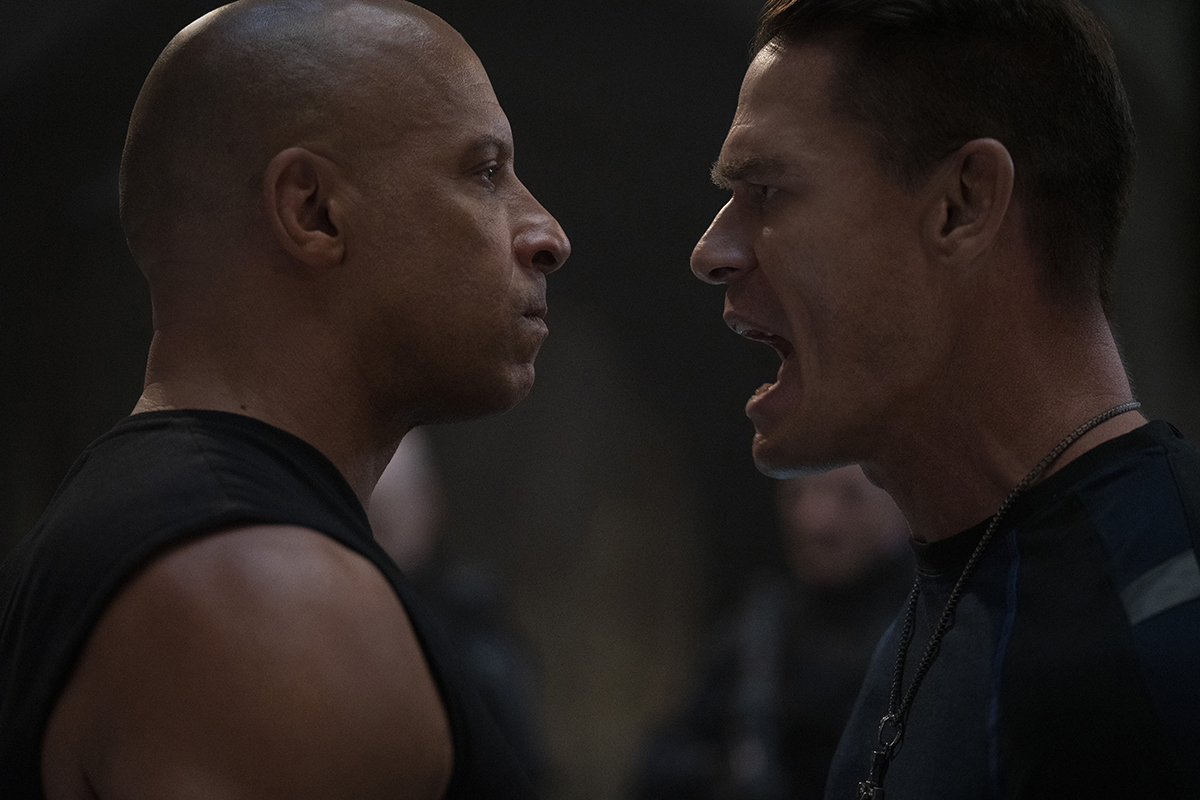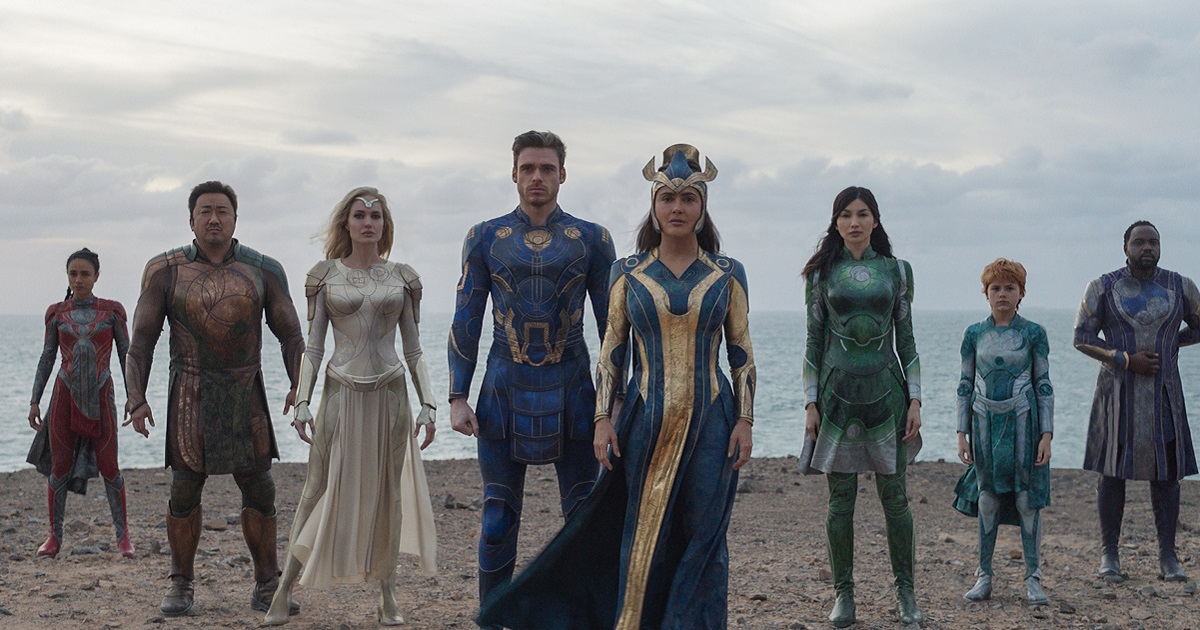
Actor John Cena’s volte-face to Chinese audiences for referring to Taiwan as a “country” when promoting Fast and Furious 9 is far from a singular act of supplication.
Such kowtowing already seems to the norm in the realpolitik of Sino-US culture wars.
To set the record straight, China sees democratic Taiwan as a breakaway province, but Taiwan sees itself as a sovereign state, with its own constitution, military, and elected leaders.
Cena had inadvertently called Taiwan a country when promoting the film to Taiwanese broadcaster TVBS.
Someone suggested it would be better if he apologize for the blunder on Chinese social media platform Weibo, causing another backlash among those questioning his awkward appeasement.
It could have been Cena’s idea. Apparently, he’s been learning Mandarin for several years and has 600,000 followers on Weibo. It could have been pressure from Universal, which had planned to open the film in China ahead of the US. More likely via its co-producer, the state-owned China Film Group Corporation, threatening to detonate the film’s domestic distribution.
Either way, the contrition paid off since F9 grossed $136 million in China its first weekend, nearly double its North American opening.
READ MORE: John Cena faces backlash over his Mandarin apology for calling Taiwan a country (MSN)
But this isn’t about Cena. Obeyance to Beijing is now one of the rules of Hollywood marketing and economics.

“A culture of acquiescing to Beijing’s censors is now the norm, and there’s little sign of it changing,” writes Shirley Li in The Atlantic.
The article points out that Marvel’s superhero film Eternals, starring Angelina Jolie, is at risk of a “potential ban” in China on account of director Chloé Zhao’s past comments criticizing the nationalist regime. Zhao, who was born in Beijing, was initially celebrated for her Oscar success with Nomadland as “the pride of China” in an official newspaper, but Zhao’s own celebration of democracy and freedom of spirit in her films as well as interviews has apparently crossed a line.
The bald fact of the matter is that the Chinese market matters. It boasts 75,500 screens versus the US total of 41,000, helping the Chinese box office to officially surpass that of North America as the world’s biggest last year, and “all but ensuring that Hollywood studios will continue to do everything possible for access to the country,” says Li. “This also means China will assert itself more aggressively to control Hollywood.”
READ MORE: How Hollywood Sold Out to China (The Atlantic)
The country is already a minefield for distributors. There’s a quota on the number of foreign films that can be screened every year — 34. The Chinese government also determines release dates, how much advertising a film receives, and the number of theaters in which it can screen. Foreign studios lobby fiercely for their titles to be allowed entry.
Rather than an opportunity for America to promote Western ideals in an authoritarian country, so-called “soft power,” the reverse seems to be happening. Hollywood is self-censoring its product to gain access to the lucrative Chinese market.

“Today, China’s box office doesn’t just represent opportunity for Hollywood; it can mean the difference between a studio’s success and failure. This has resulted in ‘anticipatory self-censorship’ by the American film industry.”
According to PEN America, a nonprofit behind a 2020 censorship report, Hollywood practices include casting mainland-Chinese actors and shooting on location in China, plus allowing Chinese state regulators to visit their sets — as was reportedly the case for Iron Man 3.
“The Chinese government encourages this chilling effect by setting confusing, ever-shifting expectations,” says James Tager, PEN’s research director.
A culture of trying to predict the country’s needs is now the norm, says Li. Stories portraying Chinese characters as antagonists or featuring disagreement with Beijing in regions such as Tibet, Taiwan, and Xinjiang have been assumed off-limits. But China has also banned scenes from Bohemian Rhapsody, apparently for depicting same-sex relationships, and prohibited Pirates of the Caribbean: Dead Man’s Chest altogether for including ghosts and cannibalism.
“Film censorship has become one of the most visible examples of American businesses bending their values to satisfy China, and a worrying harbinger for any industry that wants access to the country’s consumers.”
— Shirley Li
Film versioning to trim, remove or cover up scenes or language that don’t meet local cultural norms is commonplace. China is not alone in censorship. The Russian authorities were so afraid of tame same sex scenes from Rocketman it wouldn’t let the film in the country without a cut.
But the scale of the Chinese market gives it a gross power to influence filmed entertainment made in the West.
“What critics might call censorship, Hollywood studios might label a market-entry strategy,” says Li. “With studios now implementing their own limits on free speech, America’s supposedly gutsy, creative entertainment industry is at rapid risk of making preemptive self-censorship the standard.”
We’ve been here before. The most insidious self-censorship occurred on Hollywood’s watch when studios blacklisted socially leaning filmmakers in the 1950s to appease McCarthy’s witch hunt.
“Today, film censorship has become one of the most visible examples of American businesses bending their values to satisfy China, and a worrying harbinger for any industry that wants access to the country’s consumers.”
Li says she approached studios including Disney and Universal to comment but all declined. It’s the silence that betrays the guilt.
“China’s box office doesn’t just represent opportunity for Hollywood; it can mean the difference between a studio’s success and failure. This has resulted in ‘anticipatory self-censorship’ by the American film industry.”
— Shirley Li
According to analysts, studios are in a lose-lose position. Aynne Kokas, an associate professor of media studies at the University of Virginia and the author of Hollywood Made in China, explains that if Hollywood were to acknowledge self-censorship, the media blowback in the West would be significant, and China’s risk-averse government might blacklist Hollywood films to minimize attention.
At the same time, Hollywood won’t stop caving to demands from Beijing, because that’s simply where the industry’s growth is. “So in some ways it’s a problem with the American model,” Kokas said. “Can you make a product that is profitable without being in the Chinese market?”
It’s not just films caught up in the culture war.
A similar case to that of Zhao can be made for billionaire entrepreneur Jack Ma, whose business success with tech company Alibaba has reached the limits of Beijing’s tolerance. Ma’s personal control over his empire is being hobbled in a series of regulatory restrictions, the latest of which targets the breakup of Alibaba’s payments app.
READ MORE: Alibaba shares plunge as Beijing ‘seeks to break up Ant’s Alipay’ (The Guardian)
It seems that a Chinese superstar can be allowed only a certain amount of latitude and power on the international stage.
While China seems willing to take credit for US Open Winner Emma Raducanu’s Chinese heritage, the young superstar must be careful not to become the pin-up for any kind of nationalism, Chinese or British.


